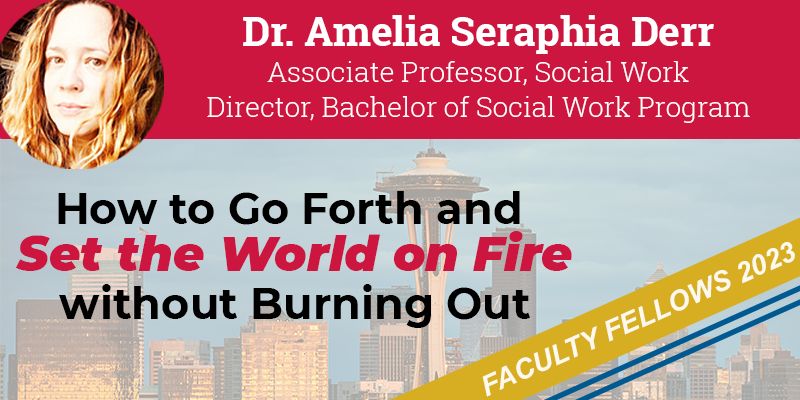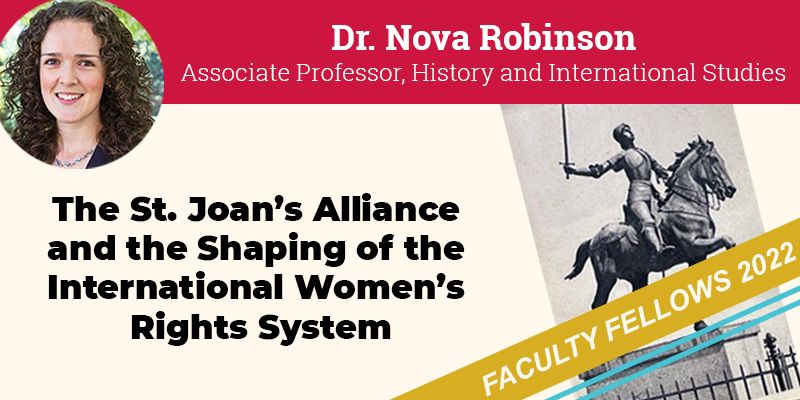Faculty Research Presentations
The Faculty Research Presentations page at Seattle University's Institute for Catholic Thought and Culture proudly showcases the diverse and impactful research conducted by our esteemed faculty members. Explore upcoming events where scholars share their latest findings and insights across a range of disciplines, fostering a vibrant academic community. Whether you are a student, faculty member, or simply a curious visitor, join us to engage with innovative ideas and contribute to the ongoing dialogue at the intersection of faith, culture, and education. Discover more about our events and how you can participate in advancing knowledge and understanding in our community.
.png)
Shared Concerns, Competing Perspectives
Dr. Stacey Jones and Dr. Dean Peterson, Albers School of Business & Economics
Wednesday, March 12, 2025
12:00pm to 1:30pm (lunch provided)
Pigott 107, Seattle University
The project makes a case for the inclusion of Catholic Social Thought (CST) in the introductory economics course. We argue that the contrast between the perspectives of CST and economics, especially with regard to the environment, can deepen students’ understanding of the underlying assumptions of economics and enable students to see the role that economics should play in an interdisciplinary effort to address climate change. The paper provides practical guidance to economics faculty who wish to bring the urgent call of Laudato Si' and Laudate Deum into their classrooms effectively.



 The St. Joan’s Alliance and the Shaping of the International Women
The St. Joan’s Alliance and the Shaping of the International Women